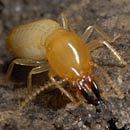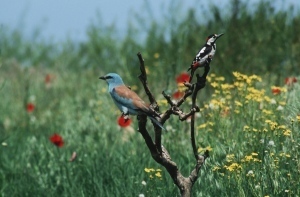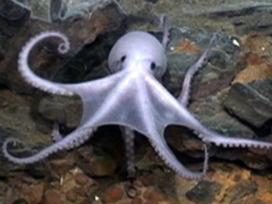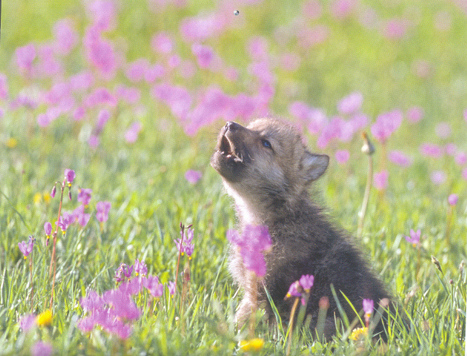It's paradoxical that there are some species out there that we just can't exterminate, and not for want of trying. These creatures breed out of control and march steadily forth, taking human territory miles at a time.
Research and publish the best content.
Get Started for FREE
Sign up with Facebook Sign up with X
I don't have a Facebook or a X account
Already have an account: Login

 Your new post is loading... Your new post is loading...
 Your new post is loading... Your new post is loading...
|
|





























